Shocking scandals and controversies that rocked the world of Olympics
After facing a series of postponement due to the COVID-19 pandemic, the Tokyo Olympics is finally happening—from July 23 to Aug. 8.
But even before the much-anticipated event begins, the Olympics has already been hounded by a few controversies, including the resignation of Olympic Committee president Yoshiro Mori after making sexist remarks.
Another one is the most recent issue about a hotel that reportedly made a “Japanese only” and “foreigners only” elevator signs ahead of the games, which were seen as discriminatory, “racist” and “xenophobic.”
There is also American track and field sprinter Sha’Carri Richardson who tested positive for cannabis and was slapped with a one-month suspension, which will make her miss the Olympics.
As the quadrennial event is upon us, let as take a look back at the scandals and controversies that rocked the Olympics.
Figure skaters Tonya Harding and Nancy Kerrigan feud, 1994
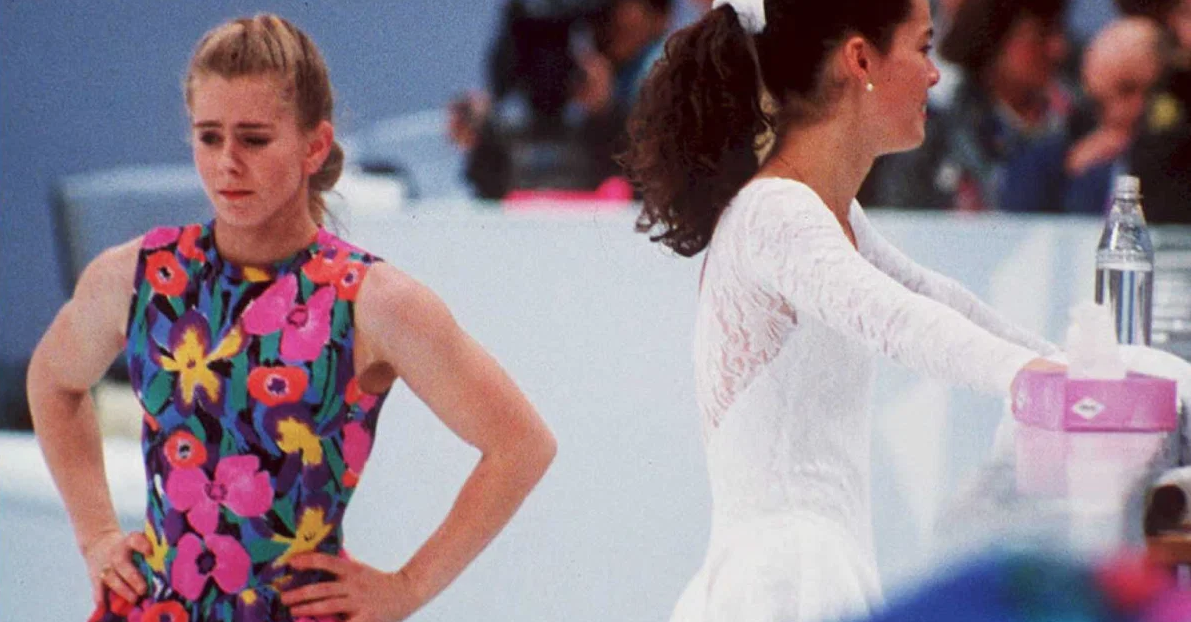
The rivalry between the two star figure skaters went as far as injuring one and another banned for life from the sport.
Nancy Kerrigan, a top American skater, was poised to snatch a gold medal at the 1994 Winter Olympics in Norway. One month before the competition, she was attacked with a “club-like instrument” after practice, which put her at risk of missing the Olympics.
It was later on discovered that it was the ex-husband of her fierce rival, Tonya Harding, who plotted the attack.
Kerrigan made a full recovery and competed together with Harding at the 1994 Winter Olympics in Norway, where the former won a silver medal, while the latter placed eighth.
Harding pled guilty to not cooperating with and informing the authorities that she knew about the plan to hurt Kerrigan. Because of this, she was banned for life from US Figure Skating Association.
The controversy is considered as one of the biggest scandals in sports history. It also spawned a film I, Tonya told from Harding’s perspective of the events.
Gymnast Dong Fangxiao falsified age, 2000
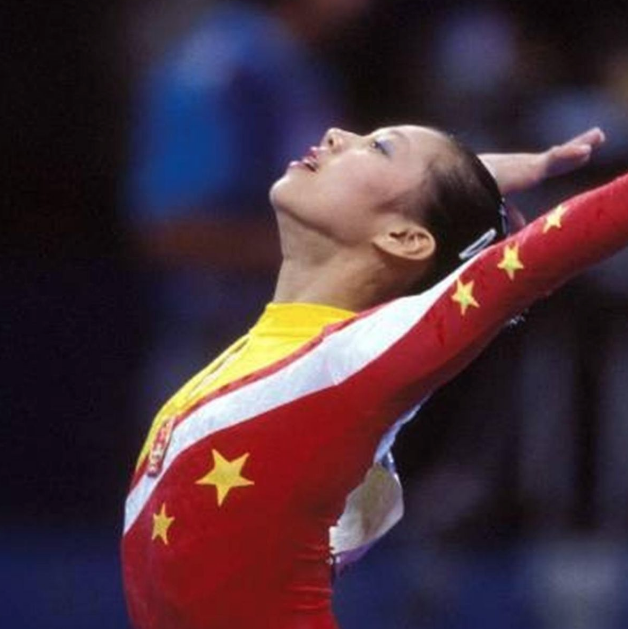
Chinese gymnast Dong Fangxiao was listed as 17 years old when she competed at the 2000 Sydney Olympics, where she won a bronze medal.
A decade after the games, she was stripped of her medal following an investigation by the International Gymnastics Federation that she was actually underaged when she competed. All contestants must be at least 16 years old to be eligible to compete.
The results of her performance at the Olympics and other succeeding games were also revoked.
Greek sprinters quit after faking a motorcycle crash to avoid doping test, 2004

Even before the 2004 Athens Olympics started, sprinters Kostas Kenteris and Katerina Thanou had to quit after they were found to have faked a motorcycle accident to evade a mandatory drug test.
Both athletes were once considered heroes in sports, with Kenteris being the host country’s best bet to bring the gold medal.
Kenteris and Thanou were given suspended jail sentences of 31 months after being charged after the crash, according to the New York Times. But in 2011, an Athens appeals court acquitted the athletes from their wrongdoing.
Track star Marion Jones stripped of five Olympic medals after she admits to doping, 2007
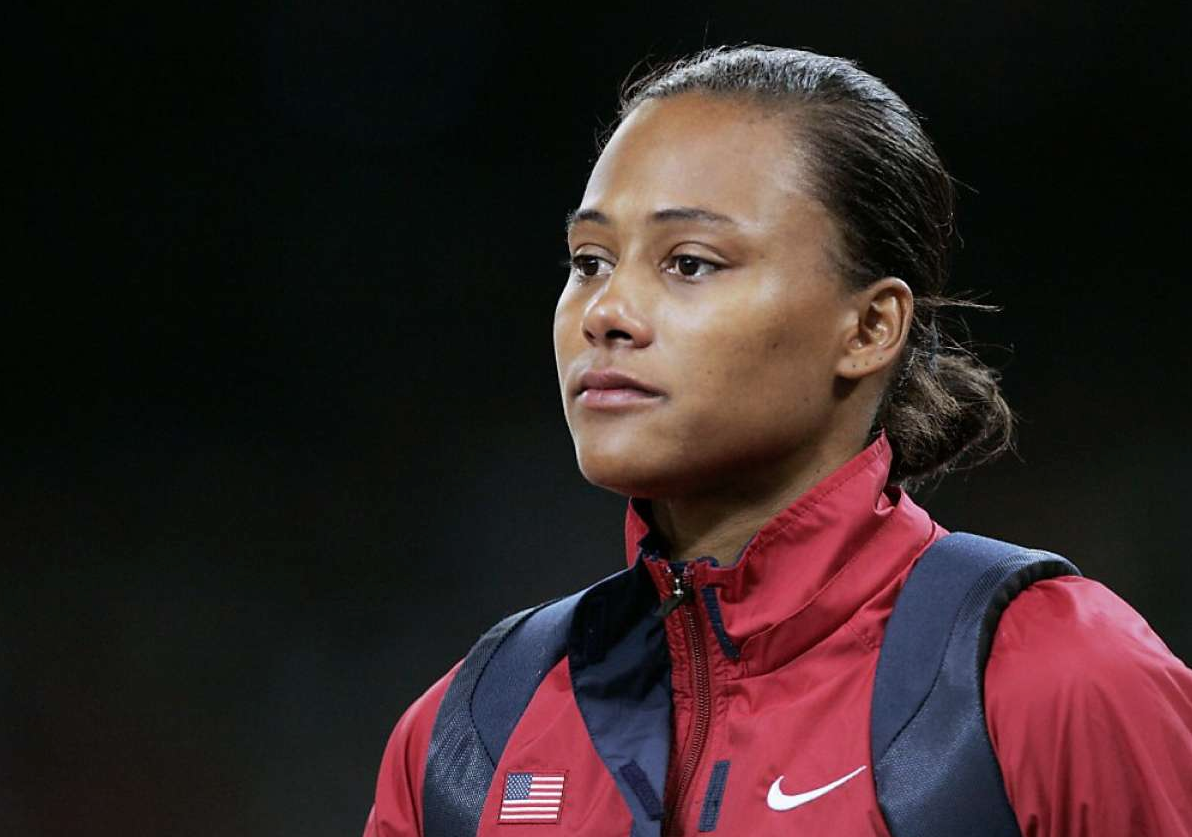
American track athlete Marion Jones became the first woman to win five track-and-field medals at a single Olympics—three gold and two bronze medals at the 2000 Sydney Olympics.
It was in 2007 when she admitted to using steroids to prepare for the games. According to a Washington Post report, Jones had been using steroids for two years, starting in 1999.
“I want to apologize to you all for all this,” a tearful Jones said in front of the press. “I am sorry for disappointing you all in so many ways.
She was eventually stripped of her medals and in 2008, she was sentenced to six months in prison for lying to federal agents about her performance drug use and her connection to a separate check-fraud case.
Taekwondo jin Angel Matos kicked a referee on the head, 2008
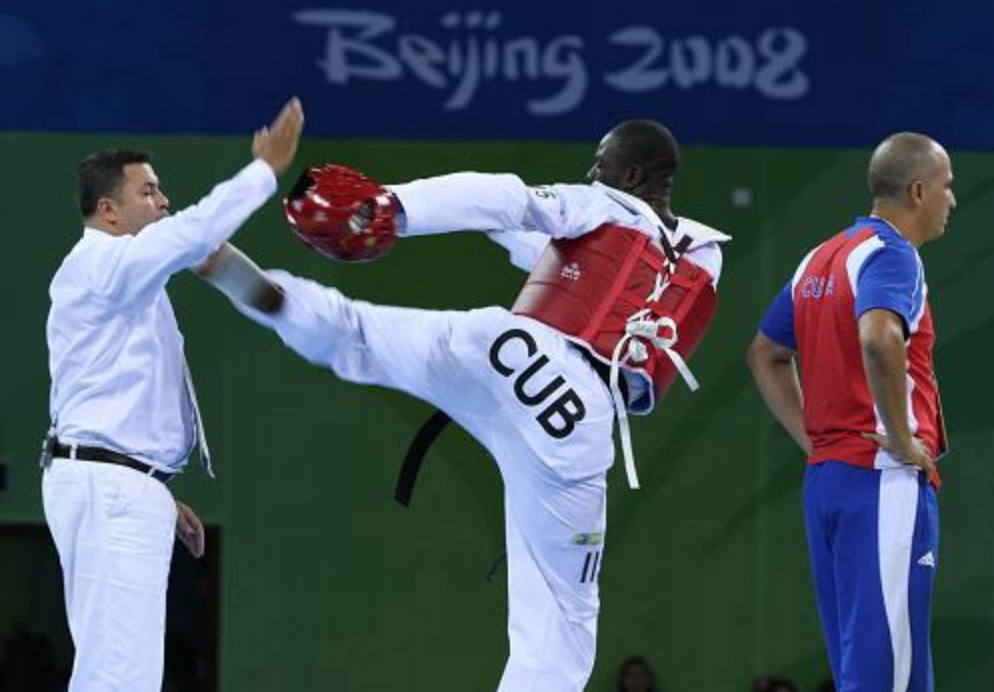
Cuban taekwondo athlete Angel Matos was leading in a bronze medal match against Arman Chilmanov of Kazakhstan at the 2008 Beijing Olympics. But a referee called to disqualify Matos after violating the time limit as he waited for medical attention while on an injury timeout.
Upset with the decision, Matos got into a heated exchange with the referee, which led to the athlete striking the referee in the head with a high kick. The referee was seen with a bloodied nose afterwards.
Matos was subsequently slapped with a lifetime ban by the World Taekwondo Federation, which said Matos' actions were “a strong violation of the spirit of taekwondo and the Olympics.”
Russia doping scandal
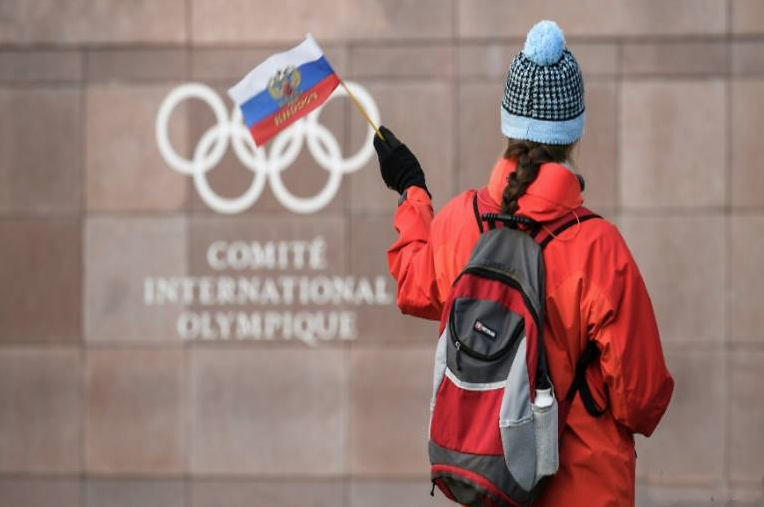
Russia came under fire after allegations of widespread and highly organized doping program between 2011 and 2015.
Because of this, the International Olympic Committee thoroughly investigated 271 athletes that the country sent to the Rio Olympics in 2016. Russia claimed it was the “cleanest” contingent to represent the country, which was 70 percent of the original 387-strong team it initially named; 116 of which were banned from the games.
Because of Russia’s non-compliance with international anti-doping rules, the Court of Arbitration for Sport announced in December of 2020 that the country is banned for four years from any major sporting event. This means Russia will not be allowed to participate in the upcoming Tokyo Olympics and the next Winter games.
North Korean women’s football team delayed match after flag mix-up, 2012
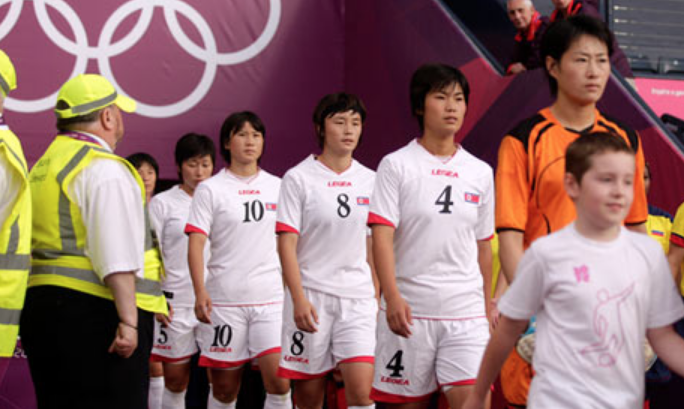
The North Korean women’s football team walked off the match after a South Korean flag was used in a video package of the team that was shown on a big screen at the 2012 London Olympics.
The team was angry and delayed the game for more than an hour, refusing to play after the national flag mix-up. The players eventually agreed to continue to play and beat their rival Colombia in the match.
In a statement, the Olympic organizers apologized and assured the team and the public that the blunder wouldn't happen again.


